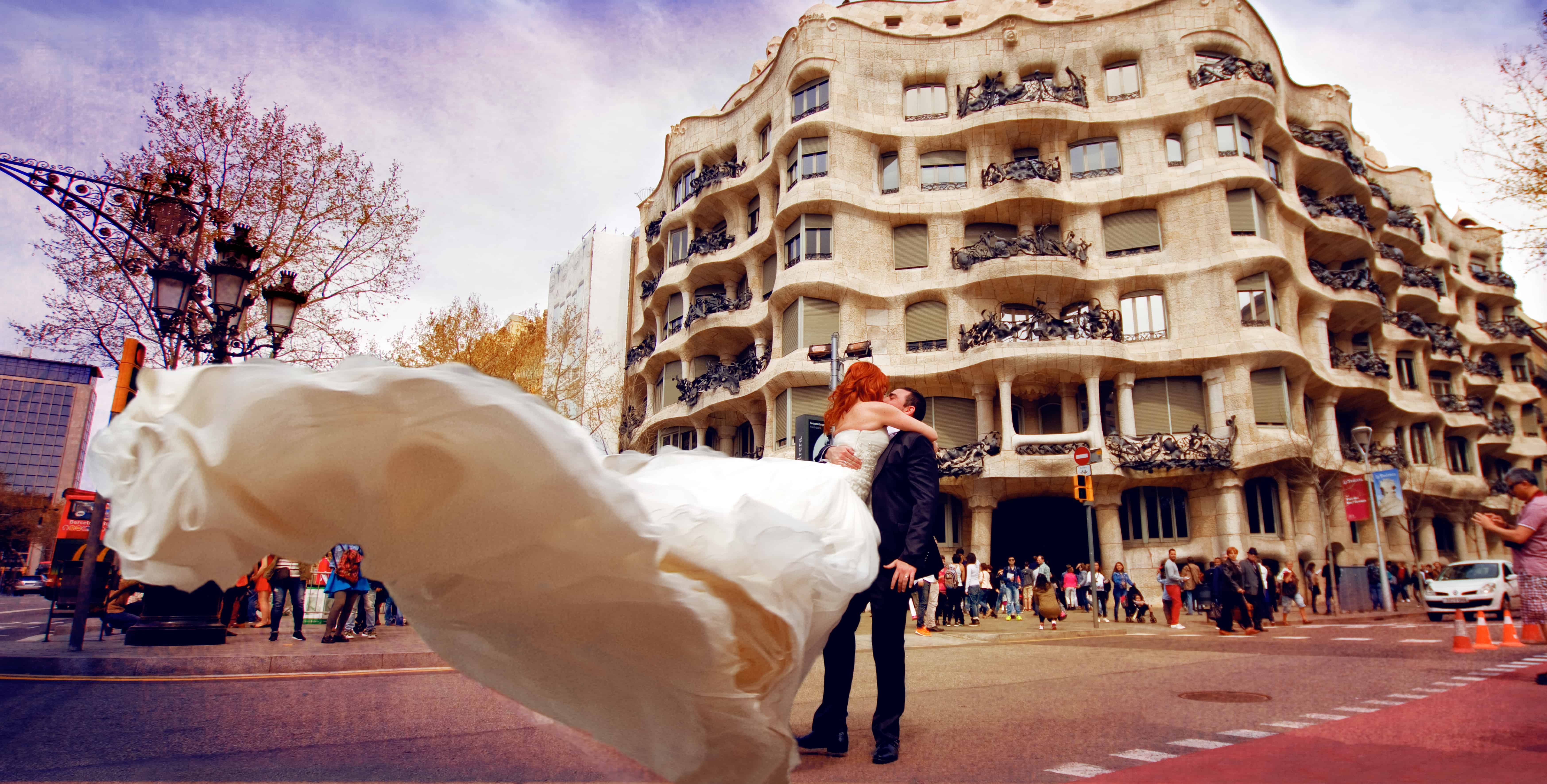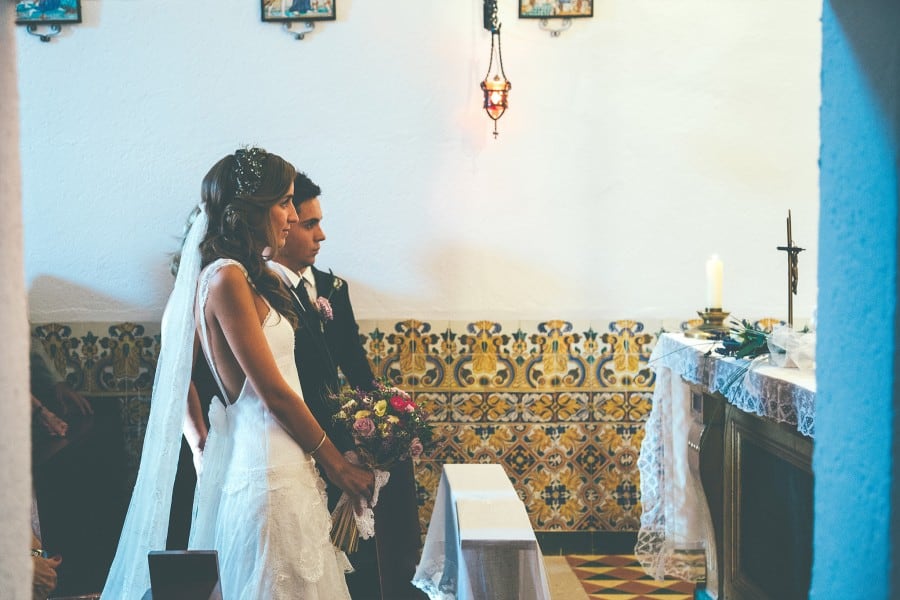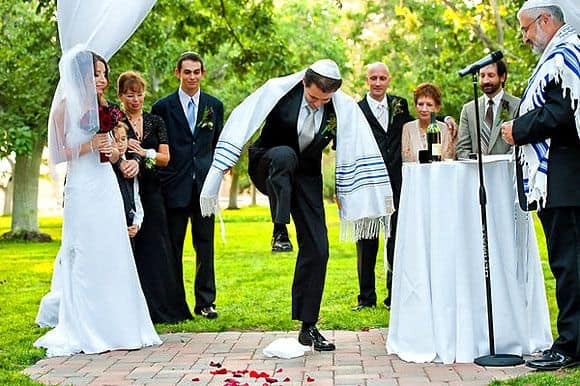Blog
[vc_row][vc_column][vc_column_text]
Photo Credit 4EyesWorld
Are you interested in organising a legal wedding in Spain? This guide addresses everything you need to know about getting married here. If you are Catholic, you should be happy because it’s quite straightforward; we will walk you through the process. But if you were hoping to have a civil ceremony, watch out, this can be really very complicated!
Here are some quick facts about organising a legal wedding in Spain;
Catholic weddings are the only legally recognised religious wedding ceremonies in Spain. In fact, a Catholic wedding is the only way to be legally married in Spain if you are a non national.
For other religions, you can have a blessing, but the paperwork will have to be sorted out at home.
There is a 2 year residency requirement if you want to have a Civil Ceremony.
Civil Ceremony
Not great news here I’m afraid. It’s just not possible to have a civil ceremony in Spain unless one of you is a citizen or a resident in Spain for at least two years.
This is why we think it’s great to have a ceremony with an officiant (that’s what I did). This way you get to have an official looking ceremony, which you can even help to design or write, and your guests are none the wiser that it’s not the real thing! After our wedding and reception in Spain we then went back to the UK and has a small registry wedding in my home town of Aylesbury!
RELIGIOUS CEREMONIES

Photo credit to Jordi Tudela
Catholic
If you or your partner are Catholic, then you can be legally married in a catholic wedding ceremony in Spain, actually – it’s about the only way to get married legally in Spain. The process isn’t too painful and you have to go through most of the steps the same way you would if you were getting married in a Catholic Church at home. Here’s how it goes.
At least one partner in the couple has to be Catholic and neither can be divorced.
It’s a long process, start at least 6 months in advance, longer if possible.
Paperwork needs to be completed at home, usually through the bride’s parish but certain documents such as the groom’s baptismal certificate will be required. The priest will get in touch with the parish in Spain and will guide you through the paperwork.
Forms and documents need to be translated into Spanish.
Documentation
1 Pre-nuptial enquiry
Your local parish will provide you with this and it is required for both of you.
2 Baptismal, Communion and Confirmation Certificates issued by your parish church and within the last 6 months.
3 Fe de Solteria y Vida | Letter of Freedom to Marry
A formal letter from your parish priest that states that you have fulfilled your Pre – Marital course requirements. This letter should also include permission from the priest that you are free to marry in a Catholic Church elsewhere. The priest will forward this on to the local Archbishop who will prepare a cover letter. Along with the rest of the items listed below, your priest or Archbishop will forward these documents on to the local bishop in Spain (see next point) who in turn will let the church you are to be married in know that everything is in order.
Bishop’s Special Permission
Non-nationals need to have their documents sent to the Bishop of the diocese in which they intend to marry to receive special permission. This can take up to four weeks and should be sent by your local Archbishop or priest. This list of Catholic Diocese’ in Spain might be helpful.
4 Other Documentation
Along with the documents above, the Archbishop will also need to send on certificates that might be appropriate such as Death Certificate, a Decree of Nullity, or a dispensation letter if one half of the couple is not Catholic.
Documents should reach the church you wish to be married in at least 2 months before the wedding date.
Very Important
Wedding dates need to be organised directly with the church in Spain. After the wedding, you must deliver the marriage papers to the local Spanish Civil Registry to legalise them.
OTHER RELIGIONS

Photo Credit Pinterest.com
Unfortunately, you can only be married legally in Protestant, Islamic and Jewish ceremonies if you can meet the 2 year residency requirements.
If you are prepared to get married in a civil ceremony at home first, then you can arrange to have a religious blessing in the church of your faith.
If you would like any more information on this subject, just get in touch with the experts at Spain for Weddings: The Spanish Wedding Network
Thank you to Marc Prades, Jordi Tudela and 4 Eyes World for the use of their beautiful photos.
[/vc_column_text][/vc_column][/vc_row]



